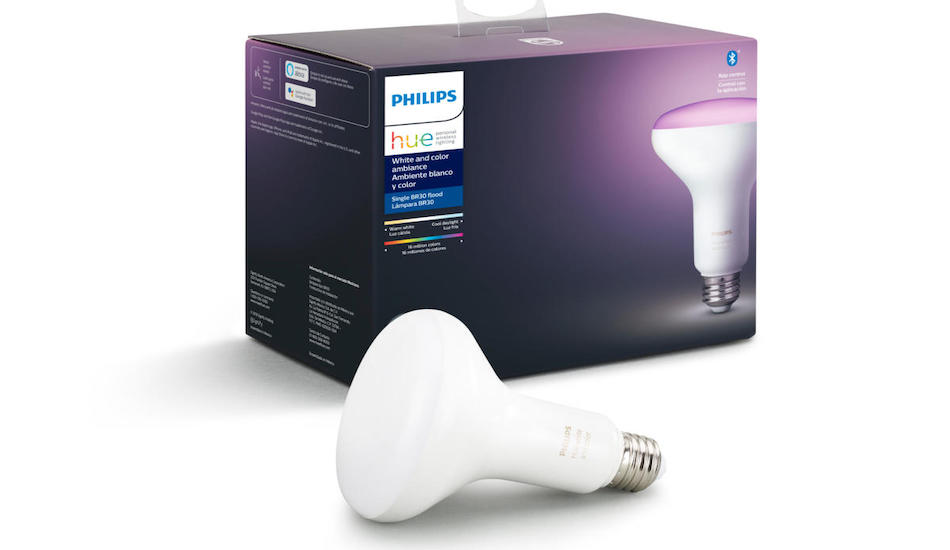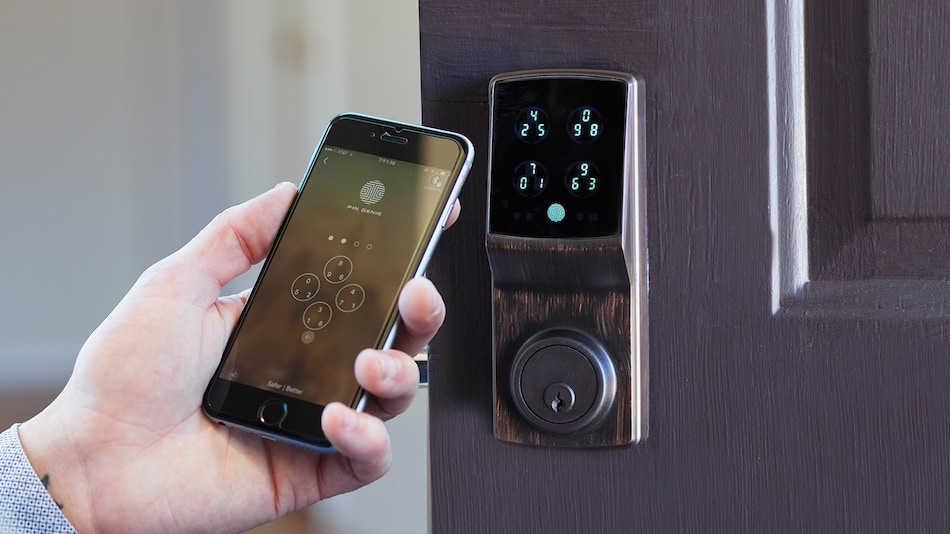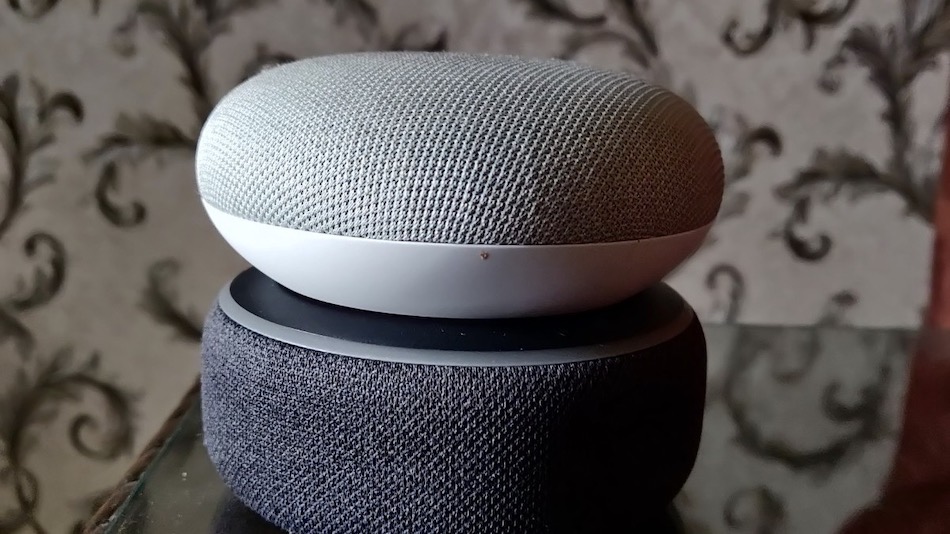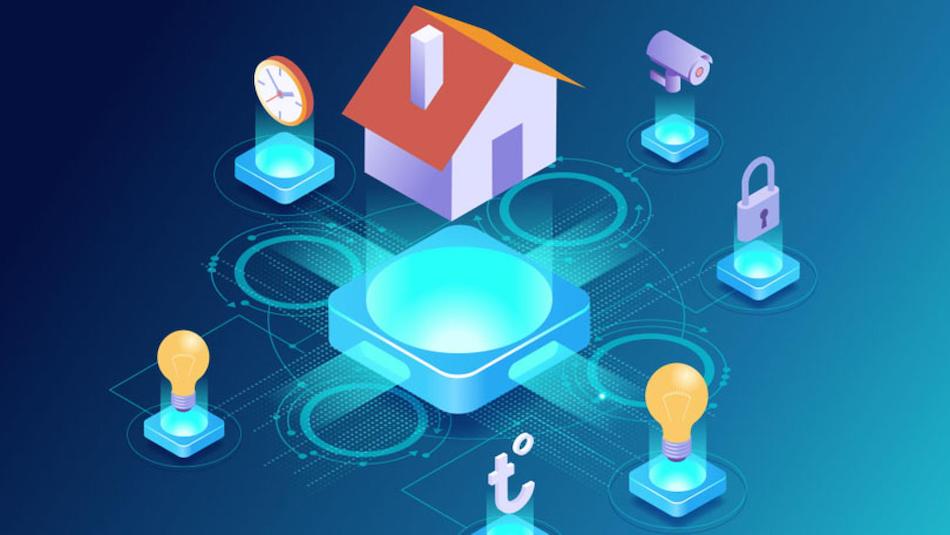Controlling your home just by your voice seemed like something that could only be possible in movies until a few years ago but, thanks to the leap in technological advancement, home automation has now transcended the boundaries of movies and right into our homes.
With a single command, you can control different aspects of your home without moving a muscle. You can control devices like smart bulbs, smart cameras and even smart appliances like TVs and Air Conditioners! All of these features have made our lives easier but, just like any other piece of technology, smart home devices bring all with themselves their own share of security threats. These security threats can wreak havoc on your lives by compromising your privacy. Here’s all that you need to know about these security threats and how you can counter them
A hacker can basically hack into any of your smart home devices and manipulate it to either achieve some malicious task or harass you. The following are of a list of popular smart devices and security threats related to them
Smart bulbs:
Smart bulbs are a beautiful addition to your home décor. They look like traditional LED bulbs, but that’s where the similarities end. Smart can change colours with a single command. You can ask your smart home devices like Alexa to change the colour, intensity or even turn it off/on. Smart bulbs are a very easy target for hackers due to them having an immense number of loopholes in their security protocols.
Recently a flow with the Philip Hue’s Zigbee protocol allowed hackers to launch malware on to the bulb and other devices connected to the same network as the bulb. This poses a huge risk of malware spread and data breach.

Smart home appliances
Smart home appliances, just like the smart bulbs, are connected to the internet all the time, making them very vulnerable to attacks. A hacker can break into the controls of your smart home appliances and wreak terror on you by making the appliance misfunction and possibly cause damage to life and property.
A couple in Wisconsin were prey to an attack were the hacker terrorized them by cranking up their heat and talking through the camera. All of this constitutes a very traumatic experience.

Smart cameras
Smart cameras are probably the most sensitive information obtaining smart devices. The cameras are connected to the internet and transmit all the video recording to cloud storage. They even record voice and have the ability to see in the dark and be used as an intercom device.
There have been multiple cases of the popular Nest smart cameras being hacked and the hacker either leaking private footage or causing terror by speaking via the camera.
Smart door locks
The security flaws of smart home devices have no entered into the physical world. Smart door locks are just like your conventional door locks: they look and unlock your doors but the way they do is something that an ordinary door lock cannot do. A smart door lock is connected to the internet so you can ask your assistant or use your phone to unlock doors without a physical key.
Hackers can actually break through the Smart door’s security protocol and unlock the door without your authorization. This makes it a big threat to life and property.

Smart speakers
Probably the spine of every smart home, smart speakers enable all the smart devices in your home. They act as a hub and communicate your commands to your smart appliances. These smart speakers are very crucial to a smart home but also pose some serious security threats.
A recent experiment showed that a laser beam could hack smart speakers, and that’s not all, a smart can be hacked via the traditional way. Via the internet. A smart speaker which is hacked puts your entire smart ecosystem at risk. A hacker could install malware, change settings of your smart devices or something worse.

All of these security flaws in these smart home devices pose a serious threat to our well-being and privacy. These securities can be mitigated to some extent by following a few steps:
Brand: Going with a big and trusted brand is advisable as they are known to patch issues as soon as they are detected and their security protocols are relatively better than other non-brand smart home devices
Coud: Using a cloud-based smart home system ensure the regular patching of software that is pushed by the manufacturer that fix bugs that will make your devices a bit securer.
Update: If your smart home devices are not cloud-based, update them as soon as you receive an update as they will fix security loopholes and bugs
Password: Passwords should not be underestimated. 80% of smart home hacks are conducted by guessing the username and password. Make sure that you change the passwords of the devices from their factory passwords. Make sure that your passwords are strong by using an Alphanumeric Password with special characters.
Unplug: Unplug devices when not in use. This limits the time they are active and connected to the internet, reducing the chances of being infiltrated.
Smart home devices are a boon for convenience, but they can also be the destroyer of your well being if not used with care, vigilance and alertness.


